Collective Assets
∼∼∼∼∼
∼∼∼∼∼
“What’s not there in our everyday reality - imagination runs wild, think of life in different dimensions, pretend what is not there is really there.” ∼Marnie Weber


“How does one return? To a country, to a place of birth? To a location which reeks of remembered sensations? But what are these sensations? Is it possible to trace how they triggered and why they are accompanied with as much dread as anticipation?” ∼Renee Green, Survival: Ruminations on Archival Lacunae

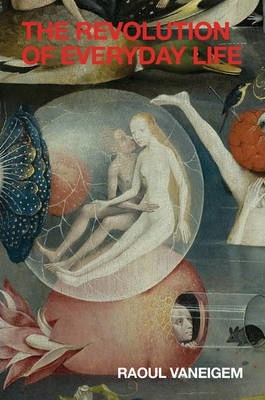


“Imagine you are falling, but there is no ground. - While you are falling, you will probably feel as if you are floating, or not even moving at all. - Falling is relational, if there is nothing to fall towards, you may not even be aware that you are falling. - If there is no ground, you will feel weightless. Objects will stay suspended if you let go of them. Whole societies around you may be falling just as you are. And it may actually feel like perfect stasis; as if history and time have ended and you can’t even remember that time ever moved forward.” ∼Hito Steryel, The Wretched of The Screen
“The movement does not take place in one place or another, but rather from one place toward another: the movement is precisely the passing from one place to another, and not a sequence of acts in different places.” ∼Agusto Boal

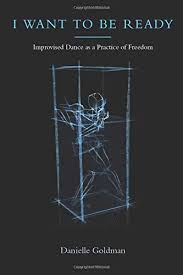

“ It is not enough to look at momentary, incomplete, or isolated parts of a process. Only the whole was true - a whole which includes within it each of the stages that created it.”
∼Hegel



“In the field of collective identities, we are always dealing with the creation of a ‘we’ which can only exist by the demarcation of the ‘they’. This does not mean that this relation is necessarily one of friend/ enemy, but we should acknowledge that, in certain conditions, there is always the possibility that this we/ they relation can become antagonistic.” ∼Chantal Mouffe, On The Political

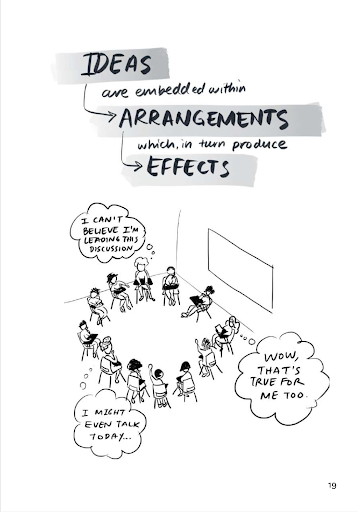

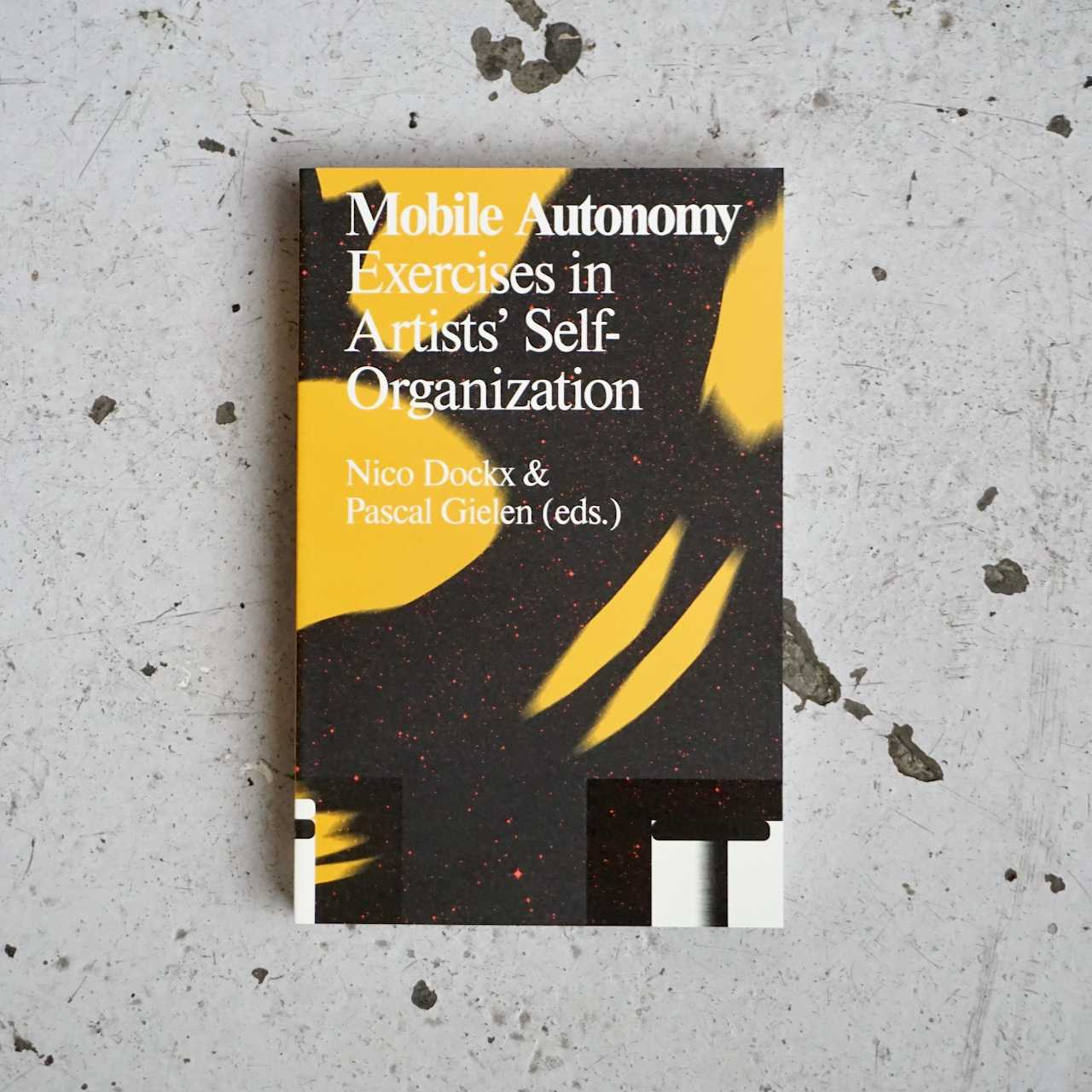
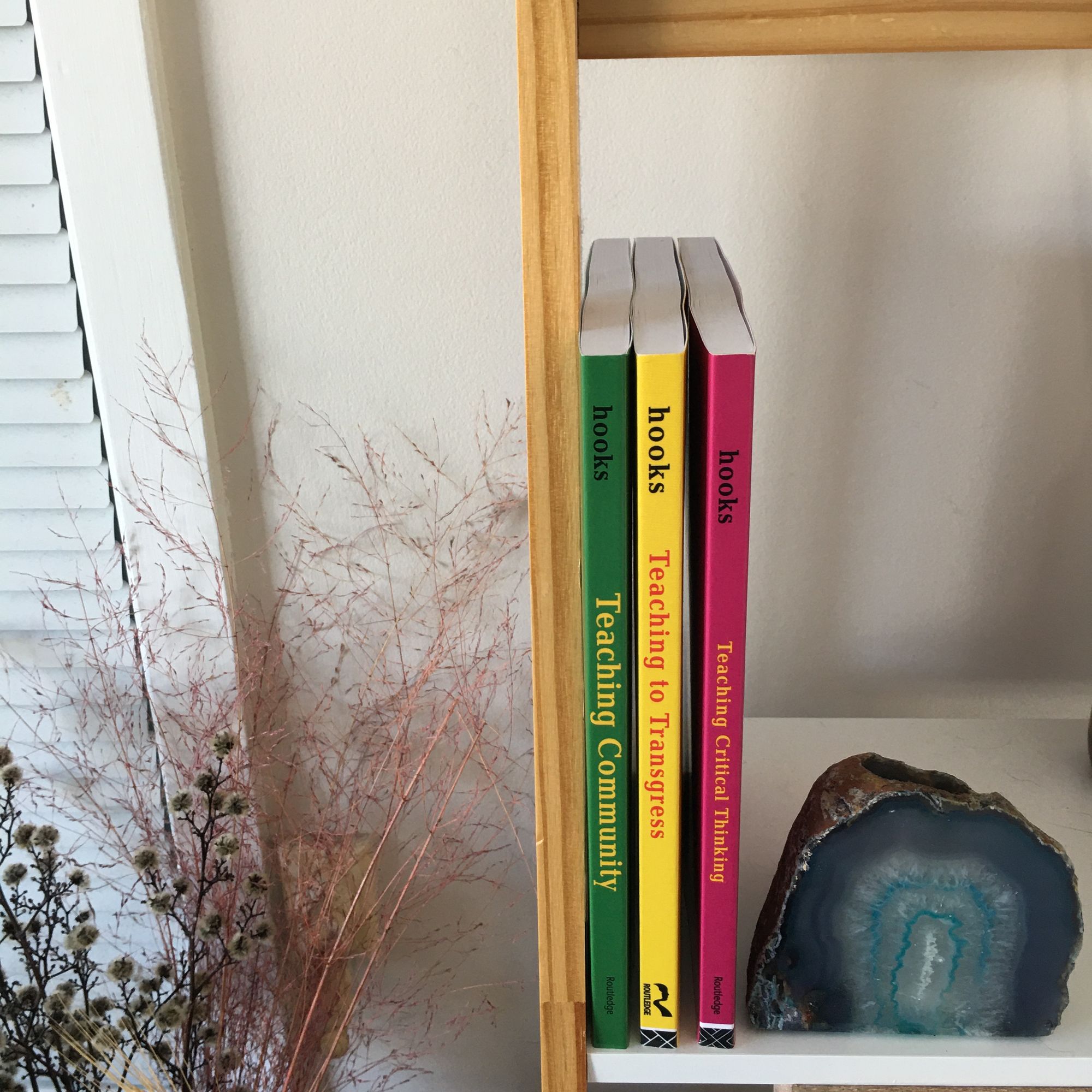
“For years now, I have been engaged with the fall. It all began when learning to walk a tightrope. The minute I was able to balance, I became more interested in falling. I realized that my fear of falling caused me to overcompensate, which exaggerated the pendulum swing of my upper body. I slowly came to understand that my ability to balance was really about being able to be comfortable with being out of balance.”∼Janine Antoni — Choreography






